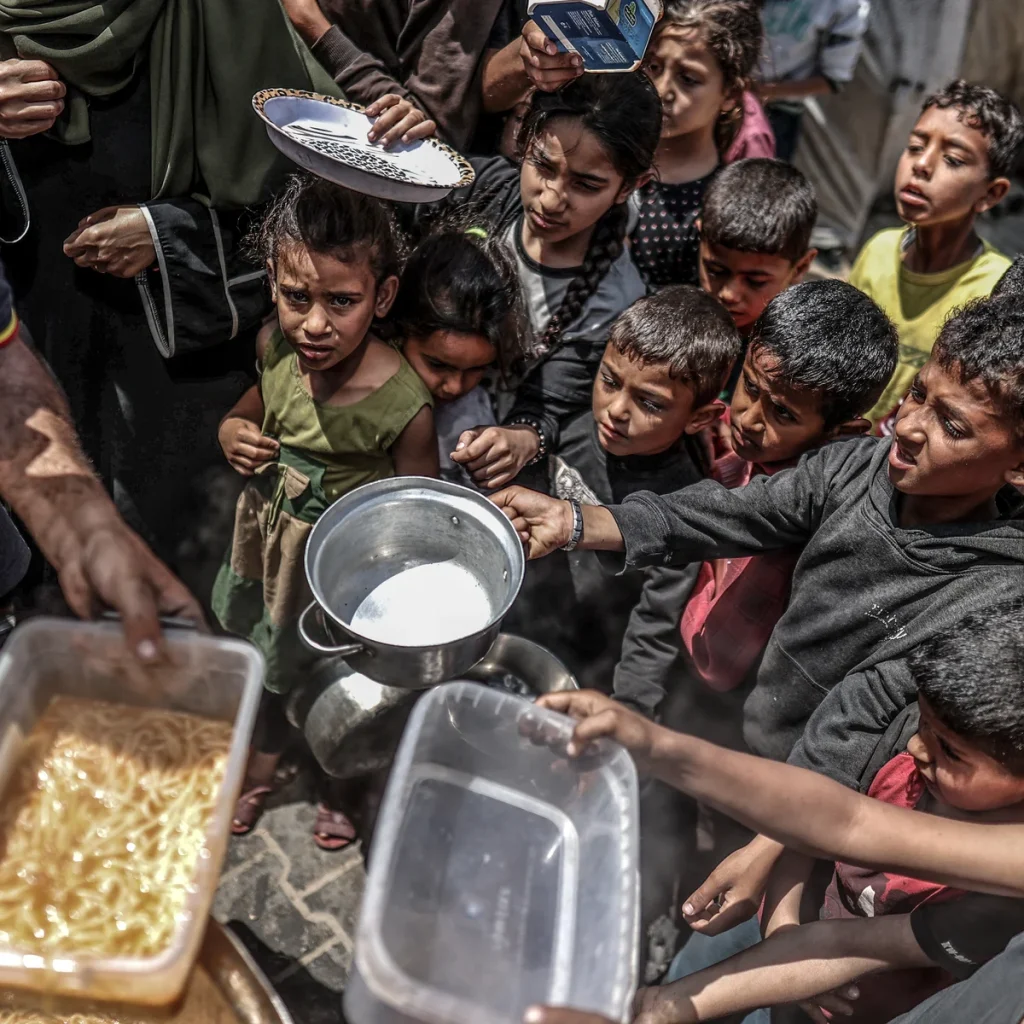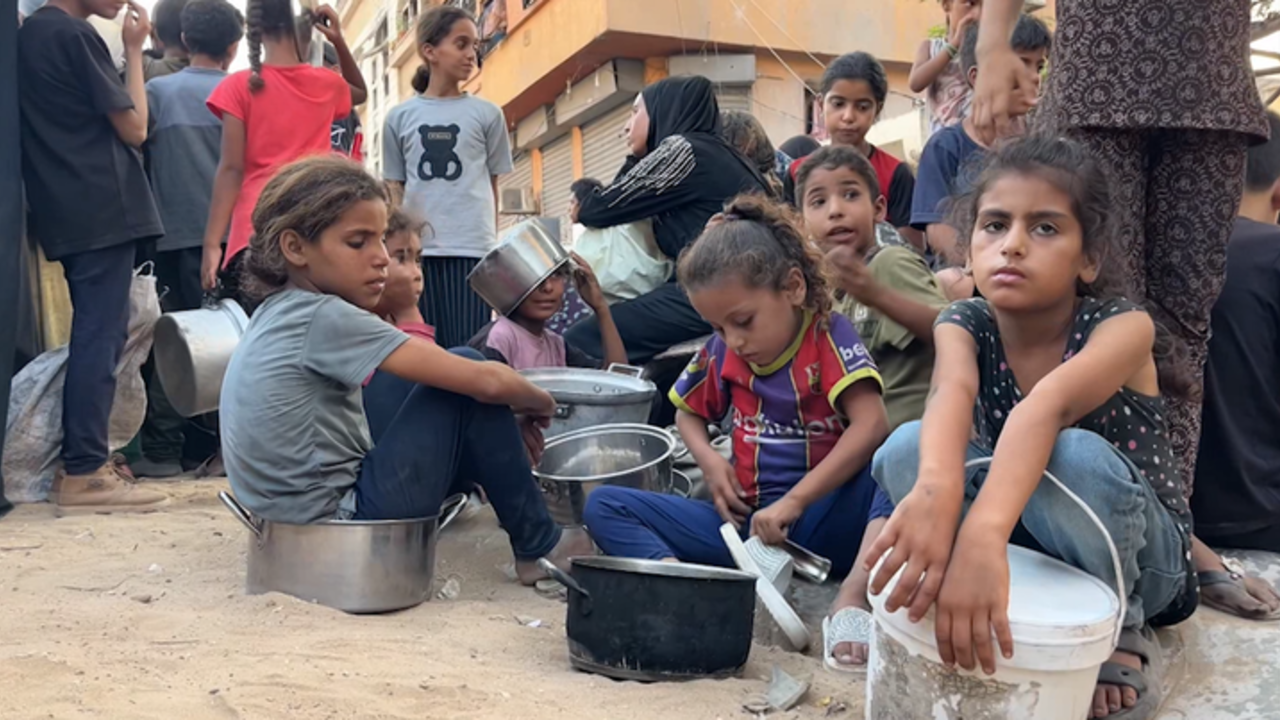The head of the UN agency for Palestinian refugees (UNRWA), Philippe Lazzarini, stated on Saturday that proposed aid airdrops into the Gaza Strip would not resolve the severe food shortages plaguing the territory.
Lazzarini criticised airdrops as “expensive, inefficient, and able to even kill starving civilians,” labelling the widespread hunger in Gaza as “manmade.”
An Israeli official informed AFP on Friday that aid drops, to be conducted by the United Arab Emirates and Jordan, were expected to resume soon.
However, Lazzarini stressed the urgency of lifting restrictions, urging for the “siege” to be lifted, gates opened, and safe, dignified access for aid to reach those in need.
The humanitarian situation in Gaza has worsened considerably recently, with international NGOs reporting a sharp increase in child malnutrition.

Israel imposed a complete blockade on aid entry into Gaza on March 2 after ceasefire talks failed, only allowing a small amount of aid to trickle in starting in late May.
The UN and on-the-ground NGOs have consistently highlighted the dire scarcity of food, clean water, medicine, and fuel for Gaza’s 2.4 million residents.
The Israeli military claimed on Friday that it does “not limit the number of trucks going into the Gaza Strip” and blamed humanitarian organisations and the UN for not collecting aid once it enters the territory.
Conversely, humanitarian groups accuse the Israeli army of imposing excessive restrictions on goods entering Gaza and on the routes available for aid distribution.
While countries like the UAE, Jordan, and France conducted airdrops in Gaza in 2024 when land routes were also restricted, many within the humanitarian community view such operations as ineffective and dangerous. This is due to the small volume of aid delivered and the risk of injuries or deaths from falling crates, which have occurred previously in Gaza.


 Trending
Trending 
